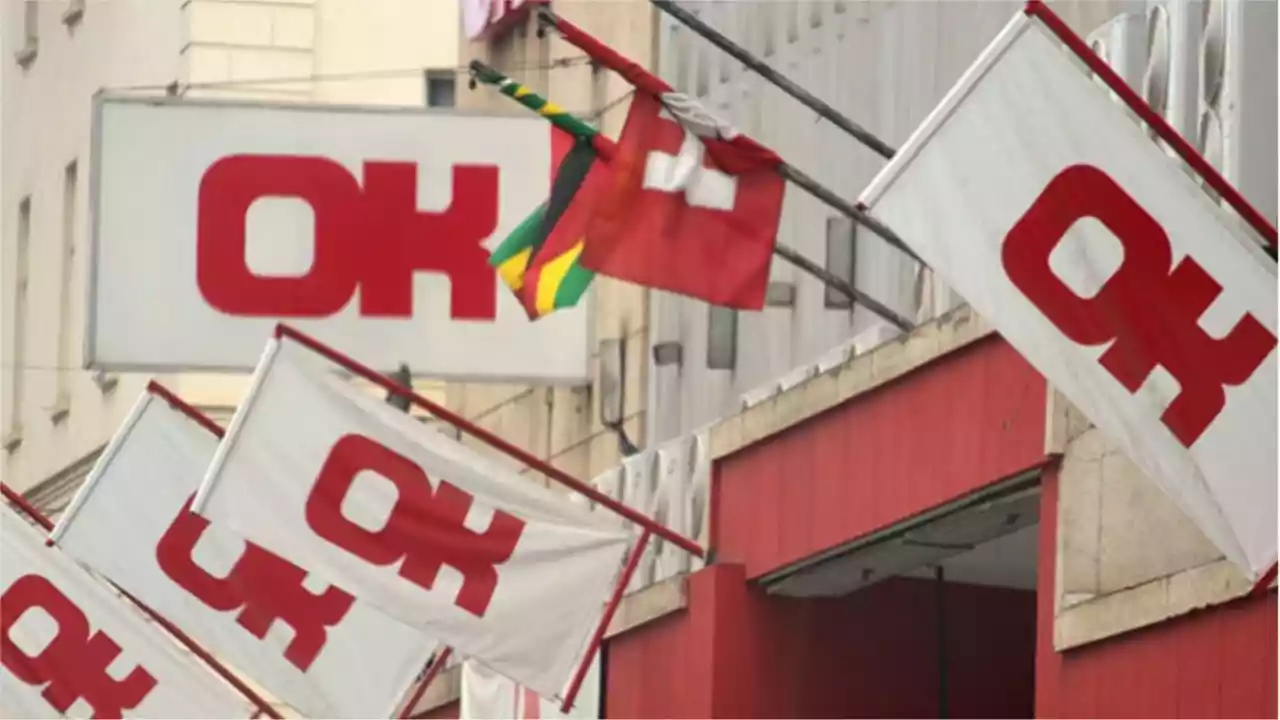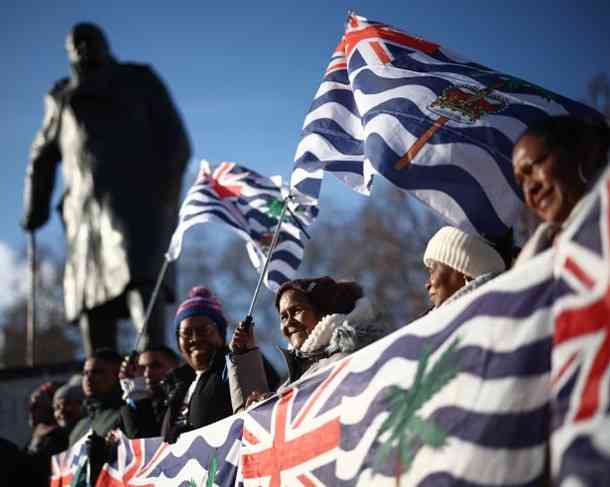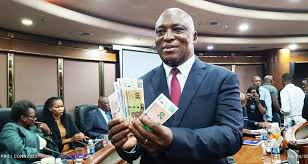
CONSUMER staples concern OK Zimbabwe has moved to assure stakeholders that it is here to stay following concerns the listed firm was on its way out due to stockout in its outlets.
The 82-year-old retailer, the biggest in the country, faced intermittent product supply challenges during the festive period at a time when tills are supposed to ring louder as consumers prepare for the holidays.
In a statement last week, OK said its stores “are open for trading”.
“We are actively engaged with our suppliers and key stakeholders, including industry associations and regulators to restore supplies to normal levels while working on solutions that stabilise the trading environment,” the retailer said.
It is a bold statement which gives a sneak peek into the hurdles formal retailers encounter in a volatile economic environment. When a big retailer sneezes, the sector catches a cold.
In the financial year ended March 31, 2024, OK had 74 outlets, made up of 52 OK stores, one OK Bulk Store, one OK Liquor Stores, nine Bon Marche stores, eight OKmart stores and three Food Lovers Market stores. It had a total headcount of 4 116 in the period under review.
At the heart of the formal retailers' woes is an overvalued exchange rate which has made their products expensive compared to the informal sector when one buys in foreign currency. This has seen a decline in footfall.
Those with local currency are offloading it in formal retailers. This is happening at a time when suppliers prefer selling in foreign currency. A number of retailers limit the quantities of basic commodities one buys in local currency as they fear the products will be wiped out of shop shelves.
- EcoCash, OK Zimbabwe seal partnership
- OK Zim ignites Christmas is Here promotion
- Business giant Chiura laid to rest
- Currency woes: Suppliers demand cash upfront
Keep Reading
This is not the first time that retailers have flagged a tough operating environment. In September, the Retailers Association of Zimbabwe (Raz), an amalgamation of the country’s biggest retailers, warned that the sector was virtually on the brink of collapse which put the country in a difficult situation since the constituency pays taxes and directly employs over 20 000.
In its submission, it said suppliers of goods and services to the formal retail sector were maintaining a two-tier pricing regime for the local currency and United States dollar whose implied rates are way higher than the obtaining official exchange rate based on the banking sector’s willing buyer willing seller system.
“Our suppliers have expressed concern that they are faced with an acute foreign currency shortage and excessive volatility of ZiG exchange rate on the parallel/alternative market which has now become the basis of their pricing framework,” Raz said then.
It appears the problem has recurred. OK last week said it was grateful to supplier partners, bankers and other stakeholders for their support at a time when the company, as well as most of the formal retail sector, has been adversely impacted by a volatile operating environment.
Government must engage retailers with an open mind not Treasury secretary George Guvamatanga’s offensive remarks, calling retail executives “useless” after they had flagged the deteriorating environment which is making the sector uncompetitive.
Choppies last month said it was exiting the Zimbabwean market amid a deteriorating environment which has seen a surge in the informal sector leaving formal retailers to battle for crumbs. The retail sector is on the brink.











